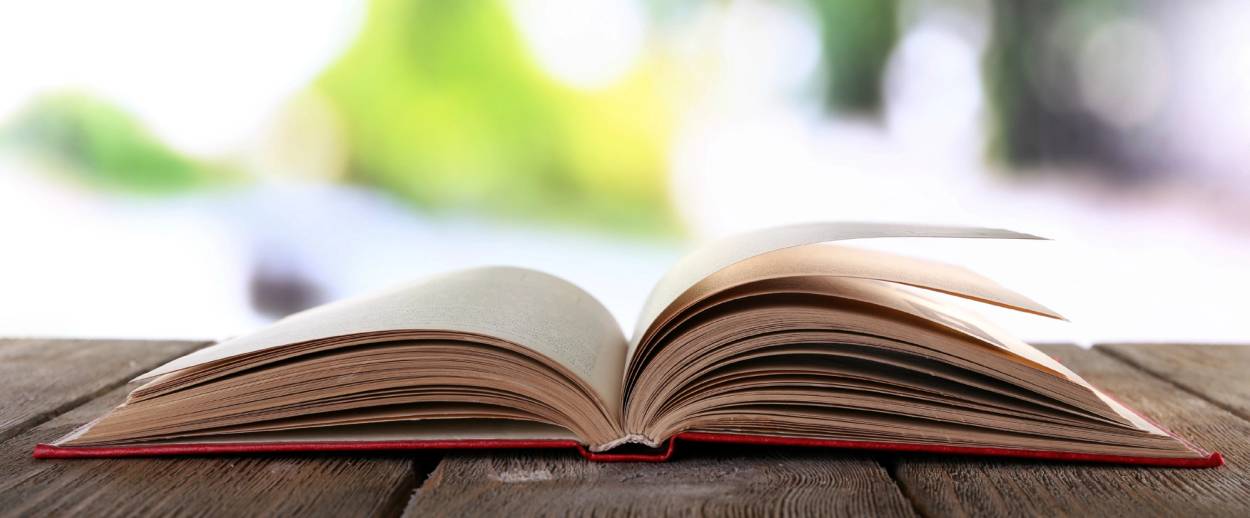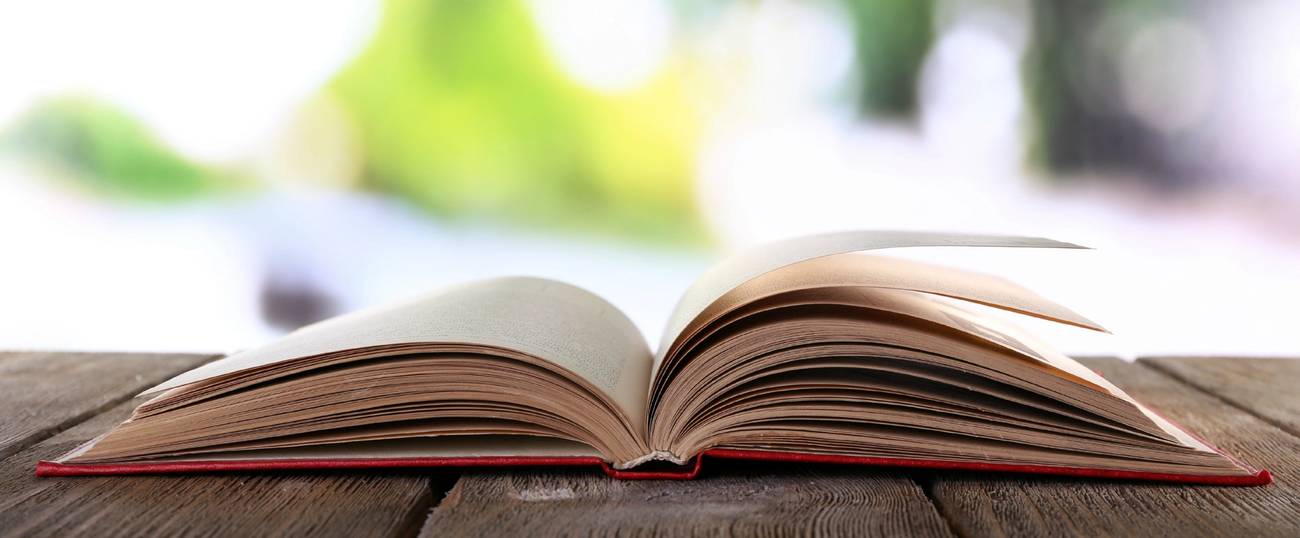A Meaningful, Family-Centric National Book Awards Show
Author Neil Shusterman, winner of the Young People’s literature award for his book ‘Challenger Deep,’ about an adolescent’s struggle with schizophrenia, stole the show




Sometimes, the best stories are the ones that hit closest to home. This was a common theme among the works that were lauded at the National Book Awards on Wednesday, all of them deserving. The winners include author Neal Shusterman, perhaps the star of the night, who won an the award in Young People’s literature for his book Challenger Deep, about an adolescent’s struggle with schizophrenia, which is based on the experiences of his own son. And, of course, there was Ta-Nehisi Coates, who won for Between the World and Me, a non-fiction book framed as a address to the author’s son, about America’s race problem.
When Shusterman’s was announced as a winner, he brought his son Brendan, the inspiration for his book, with him up on stage to share the first award of the night. The title of Shusterman’s book, Challenger Deep, is in fact the name for the deepest place on Earth, in the Mariana Trench. And when his son reported on this in second grade, Shusterman thought at the time it would be a great title for a book but never didn’t know what exactly the book would be about. Before long it came to him. On stage, the Brooklyn-born author described how his son told him of the anxiety and hallucinations he experienced with his schizophrenia that “sometimes it feels like [he is] at the bottom of the ocean screaming but no one can hear [him].”
Shusterman has now given voice to his son’s struggles and those who deal with mental illness; he told the audience that the problem affects one in three families in America. Nothing could have been more moving than seeing a father who helped save his son, and explain to a large audience how it feels to cope with illness. But it wasn’t all heavy. In his remarks at the podium, Shusterman said, “Wow, I finally achieved my father’s dream to be an NBA star,” alluding to the odd collision of the National Basketball Association and National Book Award acronyms. Afterward, host Andy Borowitz joked to the audience of publishing industry professionals, writers, agents and publicists: “That’s our show, good night.” (Schusterman later told me that he was working on a graphic novel about the Holocaust for Scholastic Books.)
In his opening remarks for the fiction prize, Los Angeles Times book critic David Ulin said that the genre “is a mechanism of empathy” before he awarded the medal to Adam Johnson for his story collection, Fortune Smiles, which consists of five mini-novellas through which, wrote Lauren Groff of The New York Times, runs humor “offset by a darkness so pervasive I found it seeping into my daily life. Despairing men are at the heart of each of these tales, most of them protagonists on the cusp of being antagonists.” (Karen E. Bender’s story collection Refund had been among the nominees on the short list of five finalist titles. Bender’s previous book, a novel called The Town of Empty Rooms, features a rabbi in North Carolina, and other Jewish themes, such as what the worth of a life is.)
This year, honorary awards were given to James Patterson and Don DeLillo, bestowed by Carmen Farina, the Chancellor of the New York City Department of Education and Pulitzer Prize-winning writer Jennifer Egan. Delillo, best known for his novels White Noise and Underworld, is also the recipient of the 1999 Jerusalem Prize. Patterson is, according to the judge’s citation, the world’s top-selling author and holds the Guinness World Record for more New York Times bestsellers than any other writer. He is a literary activist, too, donating books and dollars to organizations encouraging reading.
The poetry prize was awarded to Robin Coste Lewis’s, Voyage of the Sable Venus, a meditation on the cultural depiction of the black female figure, according to the judges’ citation. In her speech, Lewis thanked her editor, Deborah Garrison, who is a noted Jewish poet as well as editor. In his citation for the poetry award, judge Tim Seibles, joined by judges Katha Pollitt, Jan Weissmiller, Sherman Alexie and Willie Perdomo, cited a poem by Theodore Roethke that begins, “In a dark time the eye begins to see…” Ths year’s annual National Book Awards served as a platform to bring attention to those mechanisms that enable seeing, and the possibility to use literature to create and heal relationships in families.
Previous: James McBride Wins National Book Award
Beth Kissileff is the editor of the anthology Reading Genesis (Continuum, 2016) and the author of the novelQuestioning Return (Mandel Vilar Press, 2016). Visit her online at www.bethkissileff.com.